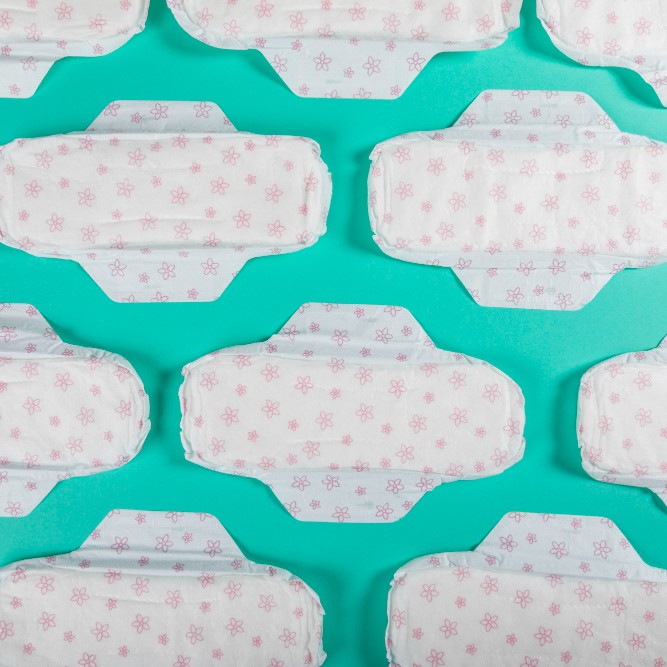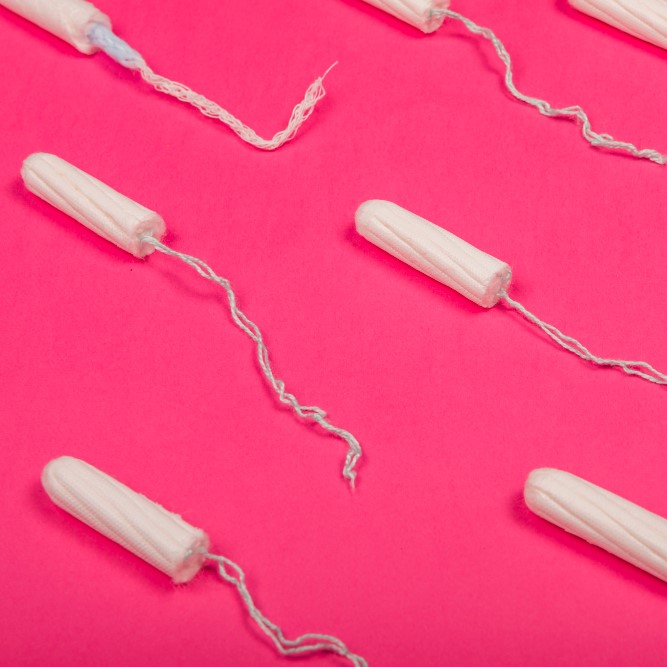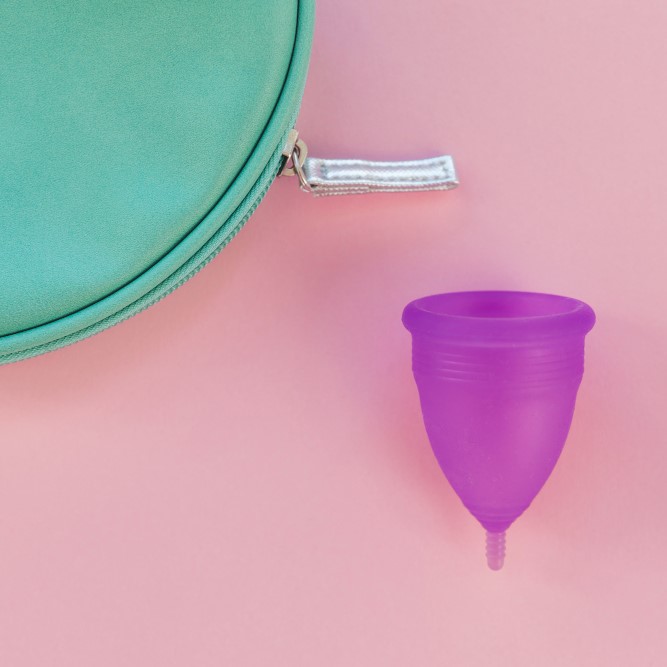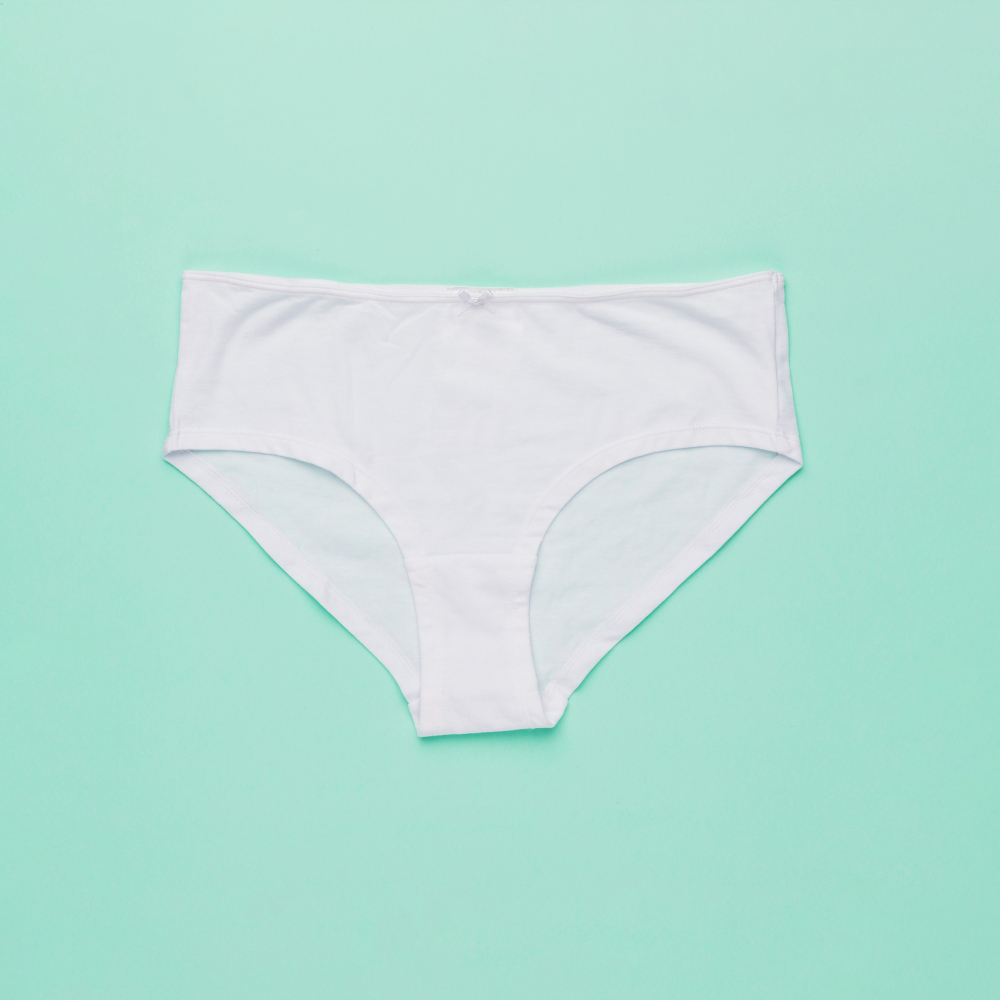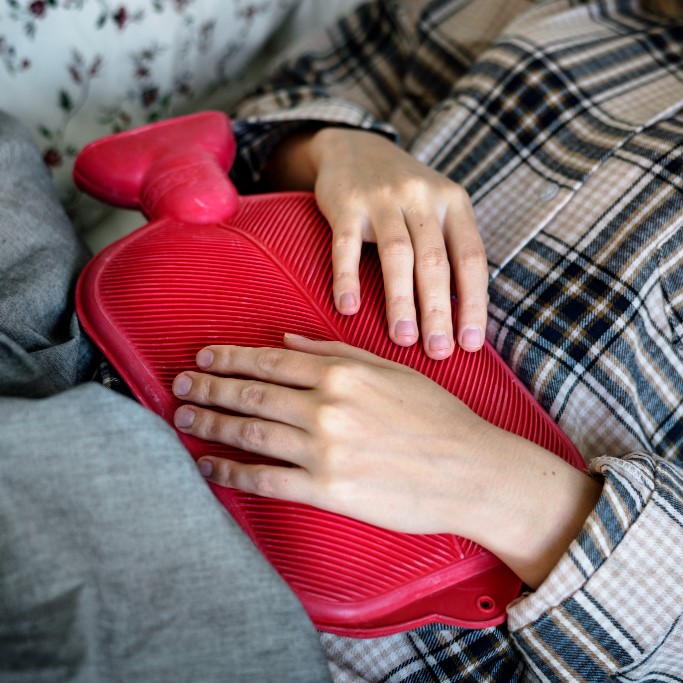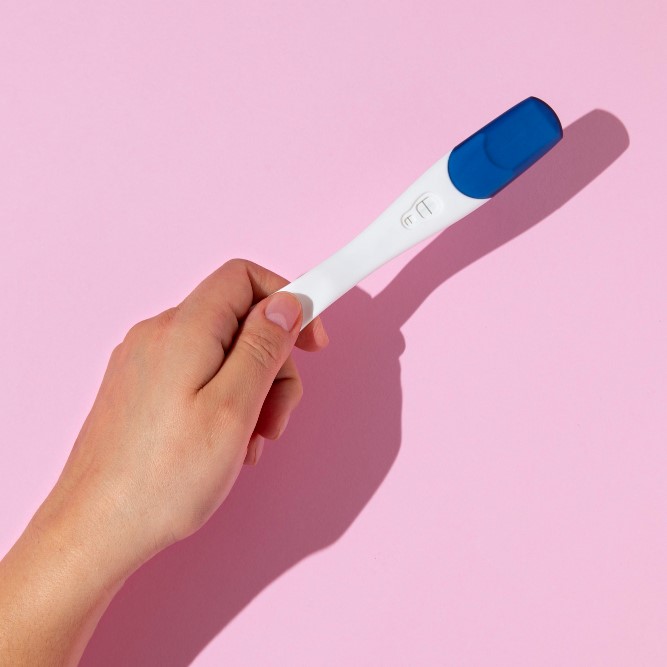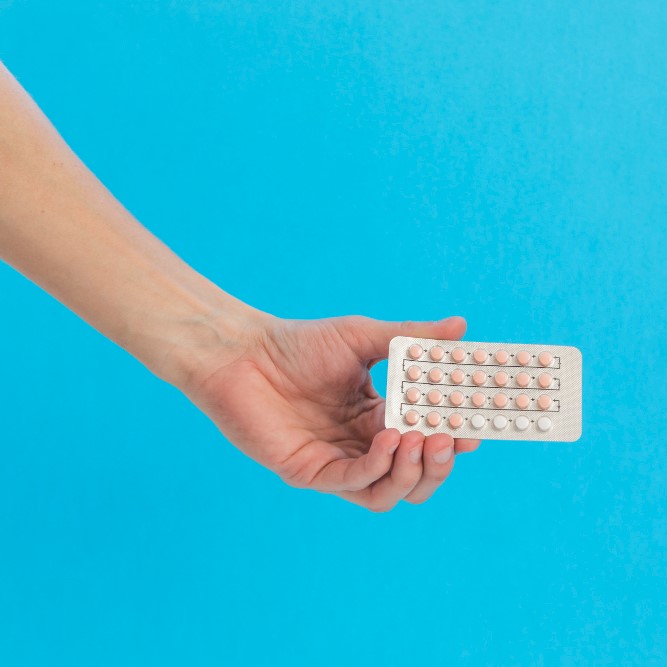What is a Period?
A period is the part of the menstrual cycle when a person bleeds from their vagina for a few days.
For most people that experience periods, this happens every 28 days or so, but it's common for periods to be more or less frequent than this, ranging from every 23 days to every 35 days.
A period can last between 2 and 7 days, but it will usually last for about 5 days. The bleeding tends to be heaviest in the first 2 days.
When the period is at its heaviest, the blood will be red. On lighter days, it may be pink or brown.
A person will lose about 20 to 90ml (about 1 to 5 tablespoons) of blood during their period, although some people bleed more heavily than this.
